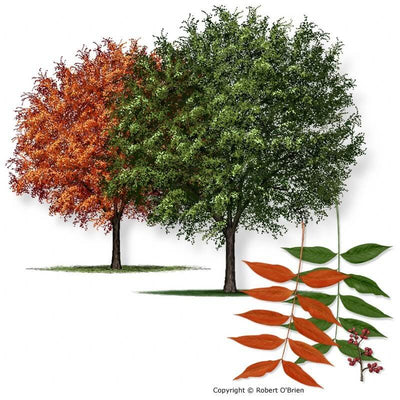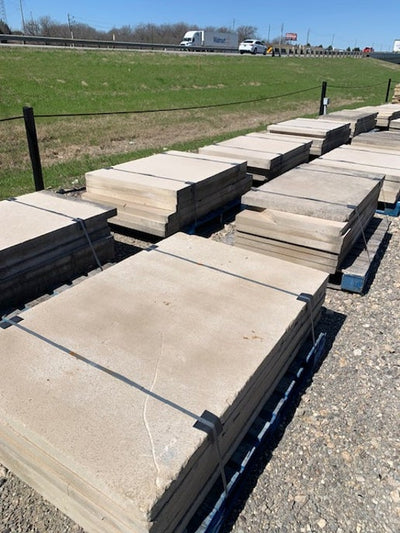Nectarine Independence
Nectarine Independence
Description: The Nectarine 'Independence' is a deciduous fruit tree that produces medium to large-sized nectarines with smooth, firm skin and sweet, juicy flesh. The fruit typically has yellow skin blushed with red and is renowned for its excellent flavor and eating quality. 'Independence' nectarines are freestone, meaning the flesh easily separates from the pit, making them ideal for fresh eating, baking, canning, and preserves. The tree itself has an attractive, rounded canopy with glossy green leaves that provide ornamental interest in the landscape.
Size: The size of a 'Independence' nectarine tree can vary depending on factors such as growing conditions and pruning practices. However, it typically reaches a mature size of about 12 to 15 feet (3.7 to 4.5 meters) in height and width. Proper pruning is important for maintaining the shape and size of the tree, as well as promoting fruit production.
Growing Zones: The Nectarine 'Independence' is hardy in USDA plant hardiness zones 6 through 9. These zones encompass a range of temperate climates with mild winters and warm, sunny summers. 'Independence' nectarines perform best in regions with well-drained soil and full sun exposure. They are particularly well-suited to regions with long, hot growing seasons, as they require ample sunlight and warmth to ripen properly.
Soil and Sun Requirements: 'Independence' nectarines prefer well-drained, fertile soil with good moisture retention. They perform best in full sun, receiving at least 6 to 8 hours of direct sunlight per day. Adequate air circulation around the tree is important for minimizing the risk of fungal diseases such as brown rot and peach leaf curl.
Pruning and Maintenance: Proper pruning is essential for maintaining the health, shape, and productivity of 'Independence' nectarine trees. Pruning should be done in late winter or early spring while the tree is still dormant. This helps remove old, diseased, or crossing branches and encourages the growth of new, fruit-bearing shoots. Regular irrigation, especially during dry periods and when fruit is developing, is also important for optimal tree health and fruit quality.
Pest and Disease Resistance: 'Independence' nectarines are relatively resistant to pests and diseases, though they may be susceptible to issues such as aphids, peach tree borer, and fungal diseases. Regular monitoring and appropriate pest and disease management practices can help mitigate these issues.


